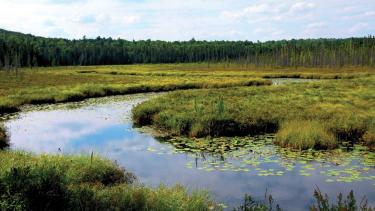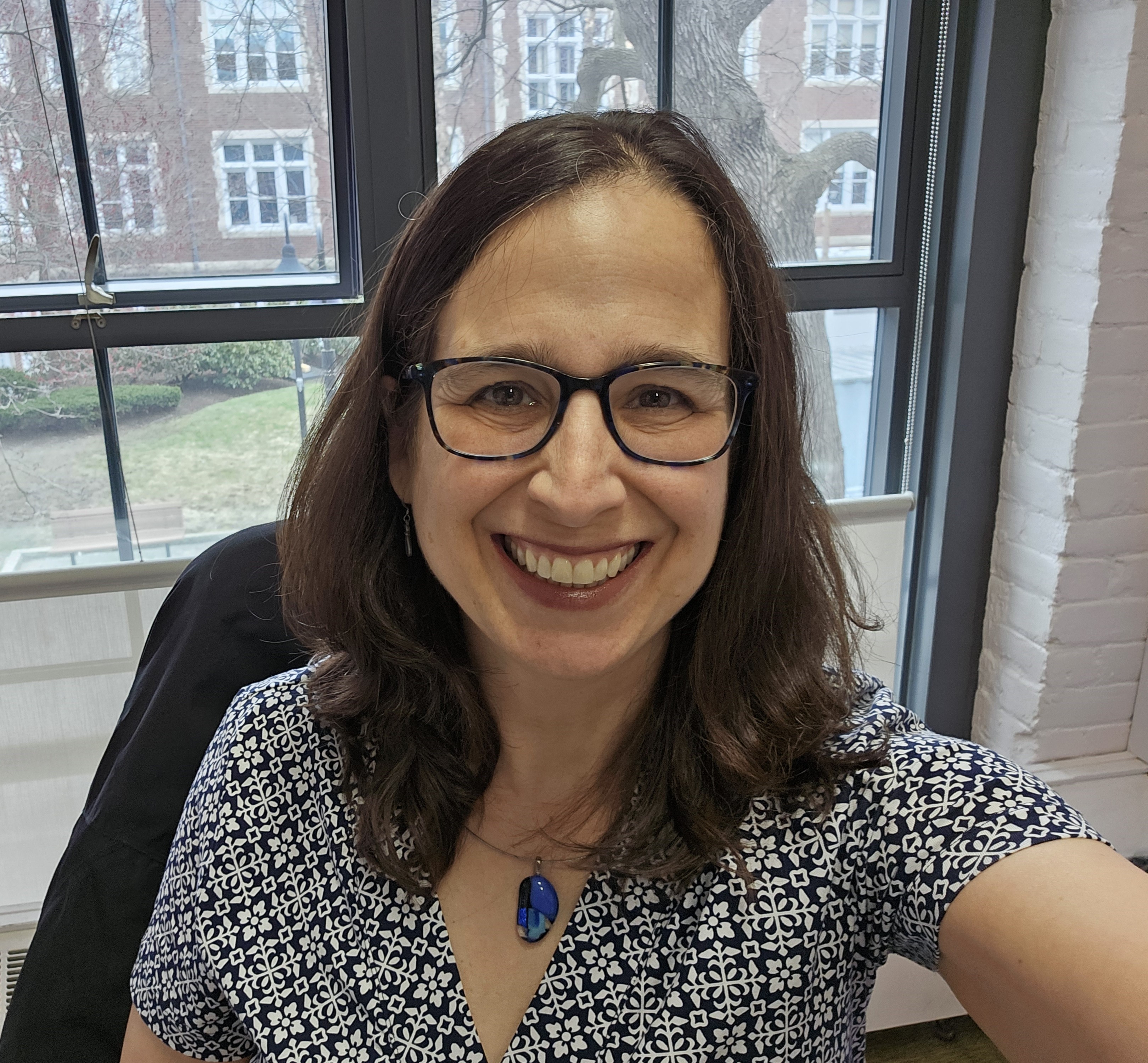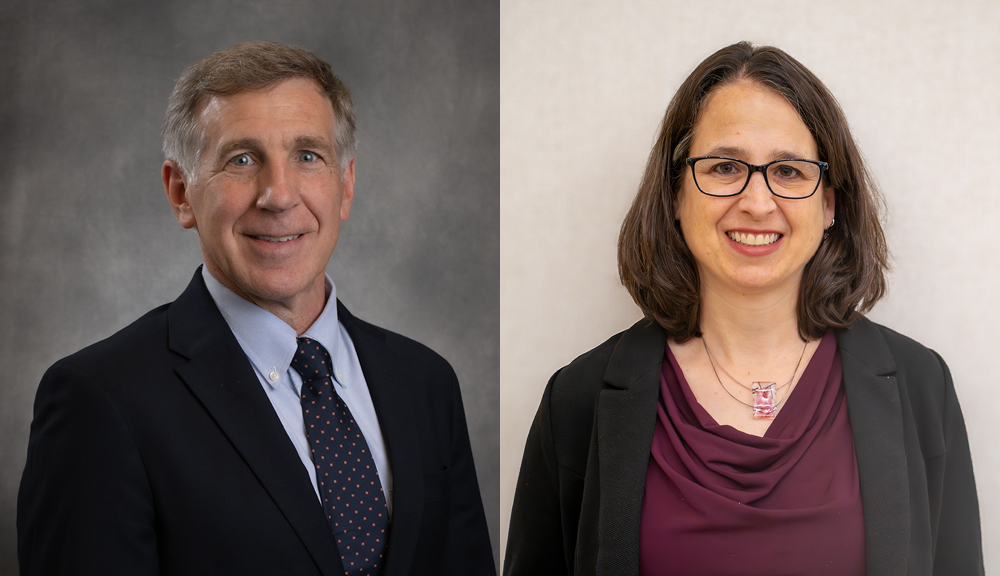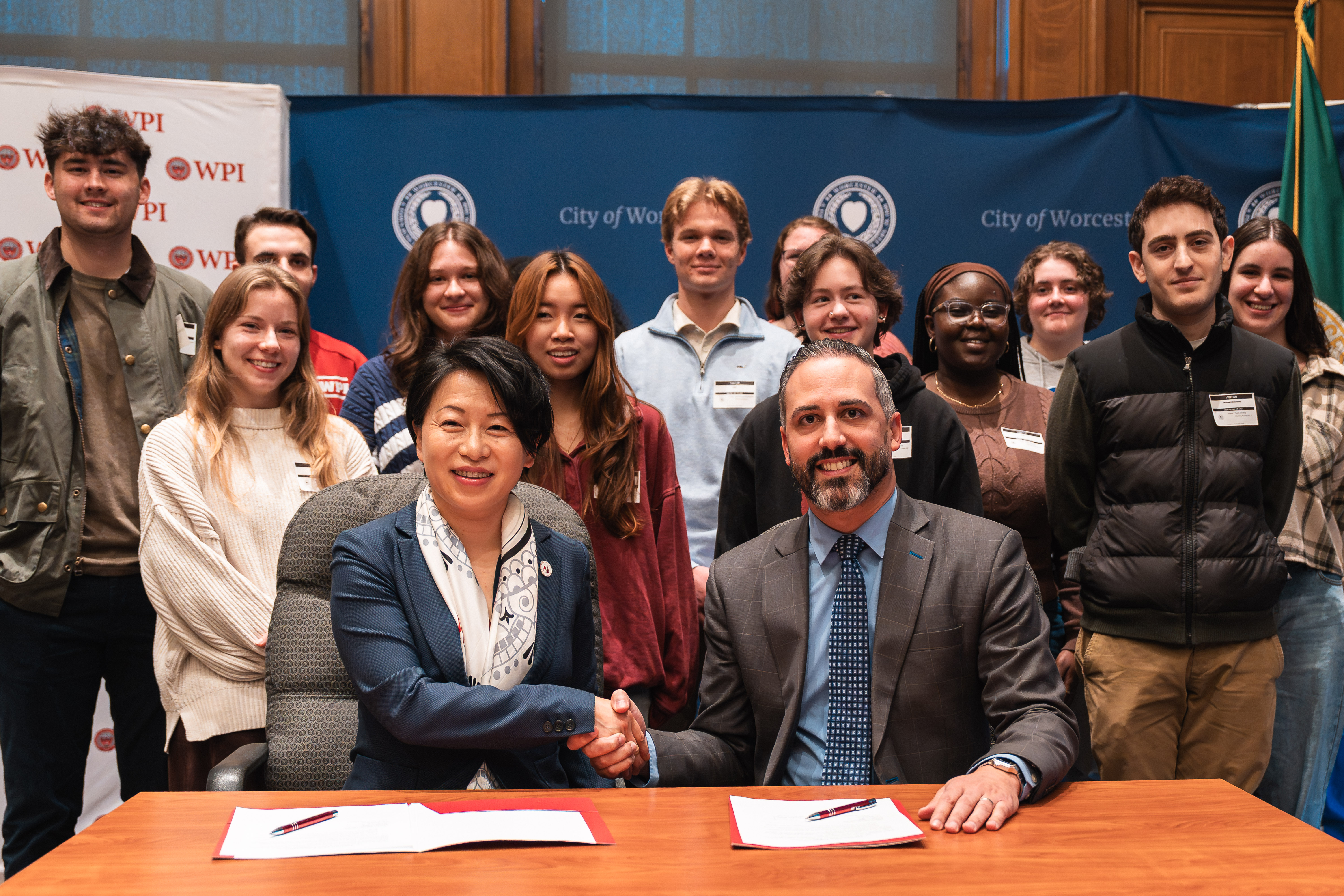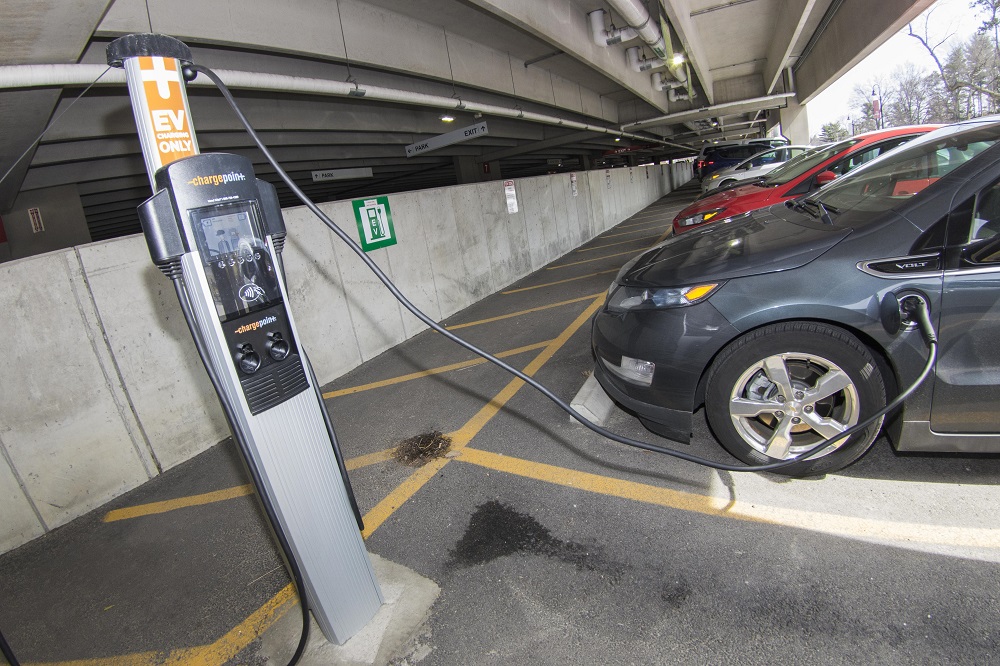Corey Dehner and Paul Mathisen, their students, and others affiliated with WPI’s Massachusetts Water Resource Outreach Project Center (WROC) have yet another honor to celebrate this summer.
The university has been recognized by the New England Chapter of the American Public Works Association (APWA) for the work students, professors, and researchers have been doing to assist communities in ensuring the availability of clean water.
According to the chapter’s Spring newsletter, which names the WROC as a recipient of the award, “the Meritorious Service Award acknowledges private enterprise or academic institutions for the important role they play in providing public works services. This year the chapter recognized an academic institution for the great work it does in bringing training and education to our public works community.” The award was announced at the group’s spring meeting in May.
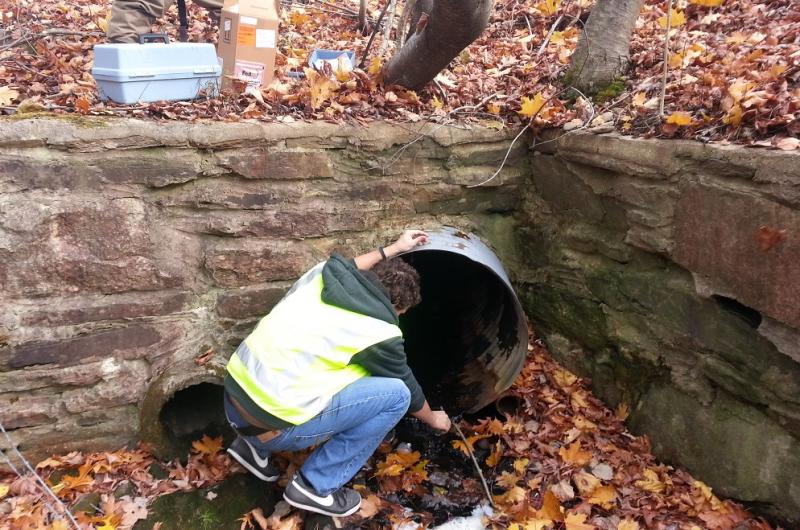
Through the WROC, students work to provide water
resource efforts to the local community.
“It’s nice because it recognizes that we’re providing support for the public works community,” says Mathisen, who, with Corey Dehner, is co-director of the WROC. “It really illustrates how our students can make a difference.”
Mathisen says the award was a recognition of the projects that WPI has taken on over the years in an effort to assist local communities in their efforts to preserve their water resources.
“I think it’s a combination of the different projects and the support that WROC has provided for municipalities in Massachusetts and New England,” he says.
It is not the first time WPI’s water resources efforts have been recognized. Last year the university received a 2016 Stormy Award from the Central Massachusetts Stormwater Coalition, a group of 30 communities west of Boston that focuses on the need to control storm water to keep contaminants out of the water we use.
An example of the kind of help offered can be found in recent work by students through the WROC to provide stormwater management educational materials for Central Massachusetts municipalities as part of an effort to help the communities meet national stormwater management requirements. These stormwater education projects, which were advised by Dehner, reached across the 2017 and 2018 academic years.
In 2018 a student team worked with representatives from the Massachusetts Department of Environmental Protection, the Department of Education, the Central Massachusetts Regional Stormwater Coalition, and public school teachers in Shrewsbury and Holden to develop a 5th grade watershed curriculum that meets the needs of the new Massachusetts Science Technology and Engineering Curriculum Framework.
“Our projects and programs offer an excellent way to support the interest of sustainability by providing an educational opportunity to students so they can learn more about what’s involved in promoting sustainability and by offering opportunities to support sustainability in communities throughout the region.” -Paul Mathisen
WPI’s water resources efforts have addressed problems reaching across a wide range of topics, with projects through the WROC and the university’s Boston and Worcester Community Project Centers.
Examples of the various projects include management of water resources in Leicester, flood risk strategies in Chelsea, ways of dealing with climate change in Boston, drinking water protection in Charlton, and the impact of road salt on water resources in Massachusetts.
Mathisen points out that in addition to providing needed assistance to local communities, the projects help students gain an appreciation for the challenges facing local officials and the need for effective teamwork in solving problems.
“Our projects and programs offer an excellent way to support the interest of sustainability," says Mathisen, "by providing an educational opportunity to students so they can learn more about what’s involved in promoting sustainability and by offering opportunities to support sustainability in communities throughout the region.”
- By Thomas Coakley
